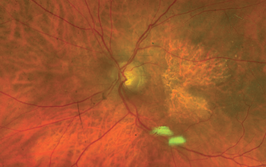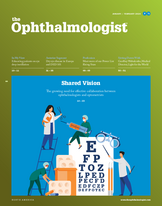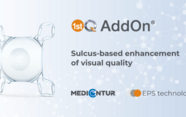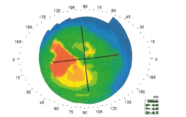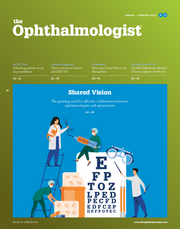Education Without Borders
From the podium to the webinar platform: providing access to learning for everyone
Farhad Hafezi | | Opinion
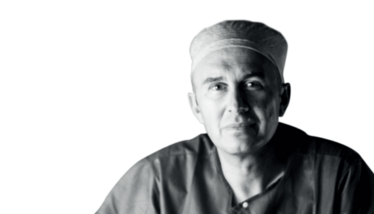
The COVID-19 lockdown introduced a new term for many: “social distancing” – a phrase that is now used and understood in every household. Social distancing is abnormal behavior for human beings. However, we as humans have quickly evolved, at least in terms of communication; in other words, we’re a pragmatic species, and thus, social interaction has continued online – indeed, the phrase physical distancing is perhaps more appropriate. The same thought holds true when it comes to medical education. In the absence of conferences and live congress exhibitions, we turned our attention and efforts to webinars.
Webinars (and the replay of pre-recorded presentations) have, for a long time, formed an important part of medical education. But, in these surreal times, they have become the centerpiece. Comparing the physical podium to the “online version,” the work and time needed to individualize each of my presentations to meet the demands and expectations of my audience remain the same. The only apparent differences are that I am not jet-lagged, I can wear Levi’s while presenting, and I am now reaching several hundreds of new people for each and every talk.
However, some webinar challenges will only be overcome over time. Though feedback from the audience instantly appears on the screen, getting acquainted with this whole new multi-tasking process is not easy – especially if you are a moderator; you may need to not only listen to the talks, be able to propose provocative questions to stimulate discussion among the panelists, but also prioritize and sort questions that are streaming in from the audience. But there is also a positive: I find that many more questions are submitted in the webinar format compared with the congress hall, possibly because it is easier to type a question than publicly speak...
One of the benefits of speaking at and participating in congresses is the time spent discussing with the other speakers after each session; in a virtual meeting, these conversations tend not to happen. In other words, you do not get the chance to casually catch friends and colleagues in-between speaking and meeting obligations, like at a congress. But, despite these missed fringe benefits, the overarching goal of sharing knowledge works.
If we look back only six months ago, attending congresses was already difficult for colleagues from war-torn countries, and even to young ophthalmologists due to visa restrictions or financial burdens. Now, the whole world is facing similar difficulties; all congresses have been canceled, and travel bans are enforced regardless of what passport you hold.
As a result of the travel and social restrictions, many of us have worked together to build a platform to enable access to education. Colleagues, who otherwise would not have the chance to attend these national and international meetings under “normal” circumstances, now have a chance to participate because these webinars are (mostly) free of charge, require minimal infrastructure, do not require a travel visa, can be watched at the participant’s leisure, and scheduled at times to be convenient for colleagues to participate.
Therefore, I am determined and dedicated to continuing to provide free online education courses in my area of specialty because – once the travel bans are lifted – we should not forget how difficult it was before. The restrictions that we are all currently experiencing are limitations that other colleagues have faced, and will continue to face for decades. Our less fortunate colleagues should have access to high-level education despite financial burdens or political restrictions. With the current hype in webinars, I am very curious to see what the post-COVID-19 ophthalmic education world will look like.
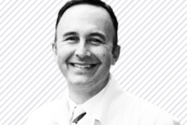
Professor of Ophthalmology at the University of Geneva, Switzerland; Research Group Leader at the CABMM of the University of Zurich, Switzerland; Chief Medical Officer of the ELZA Institute, Zurich, Switzerland; Adjunct Clinical Professor of Ophthalmology at the USC Roski Eye Institute, Los Angeles, USA; and Visiting Professor at the Wenzhou Medical University, Wenzhou, China


